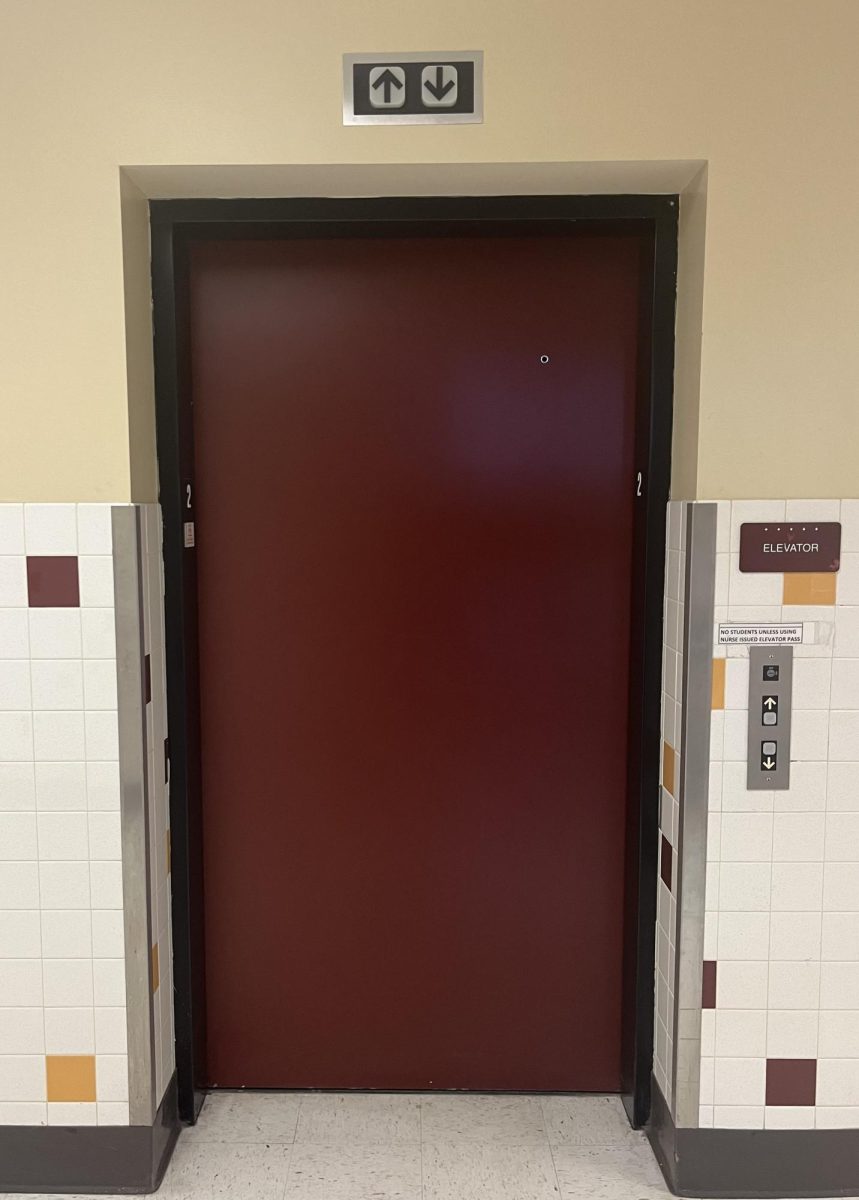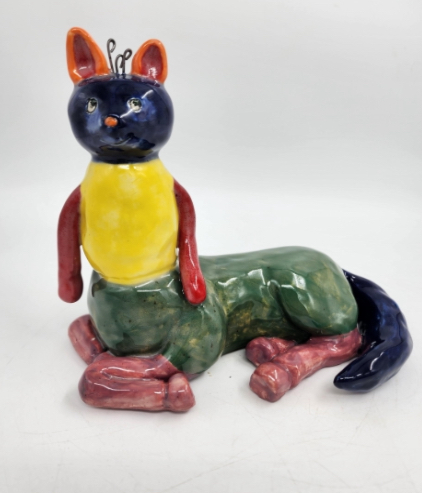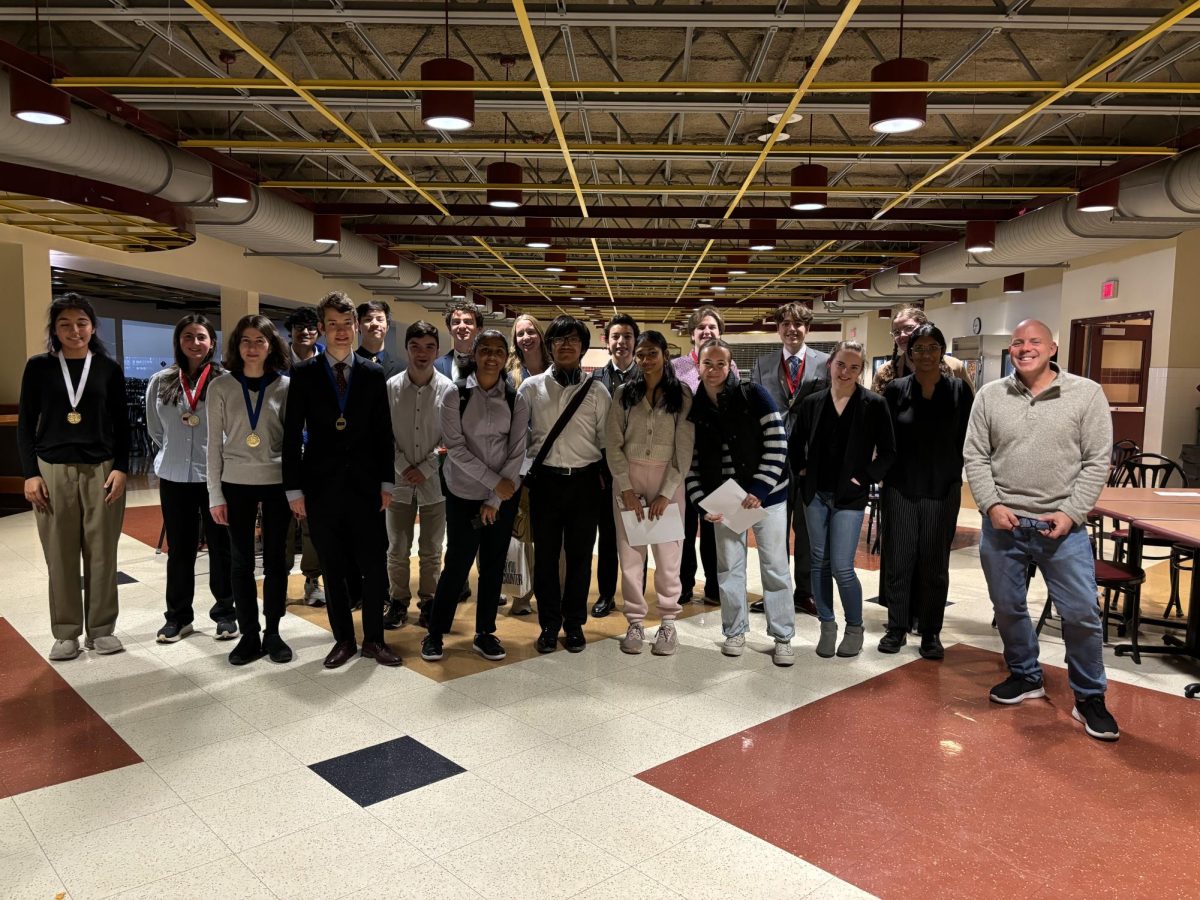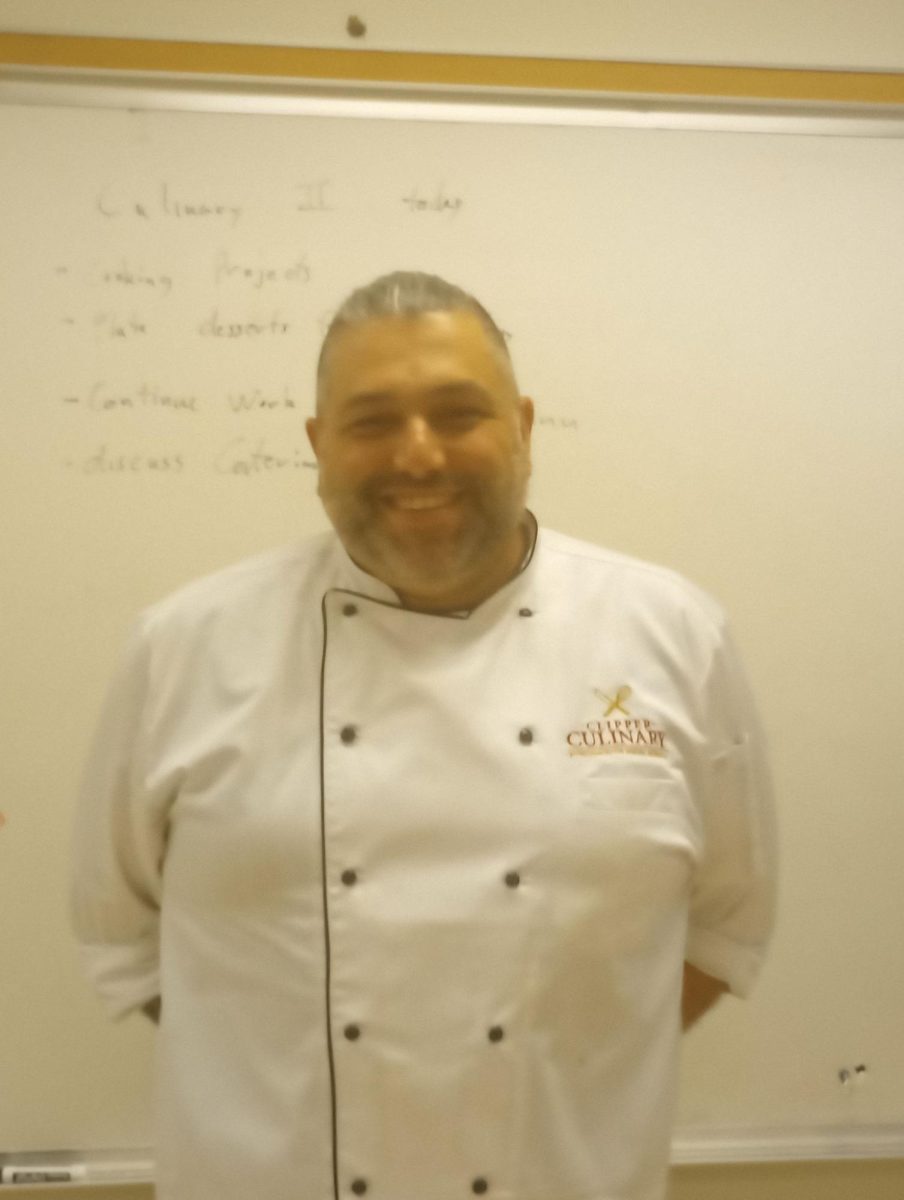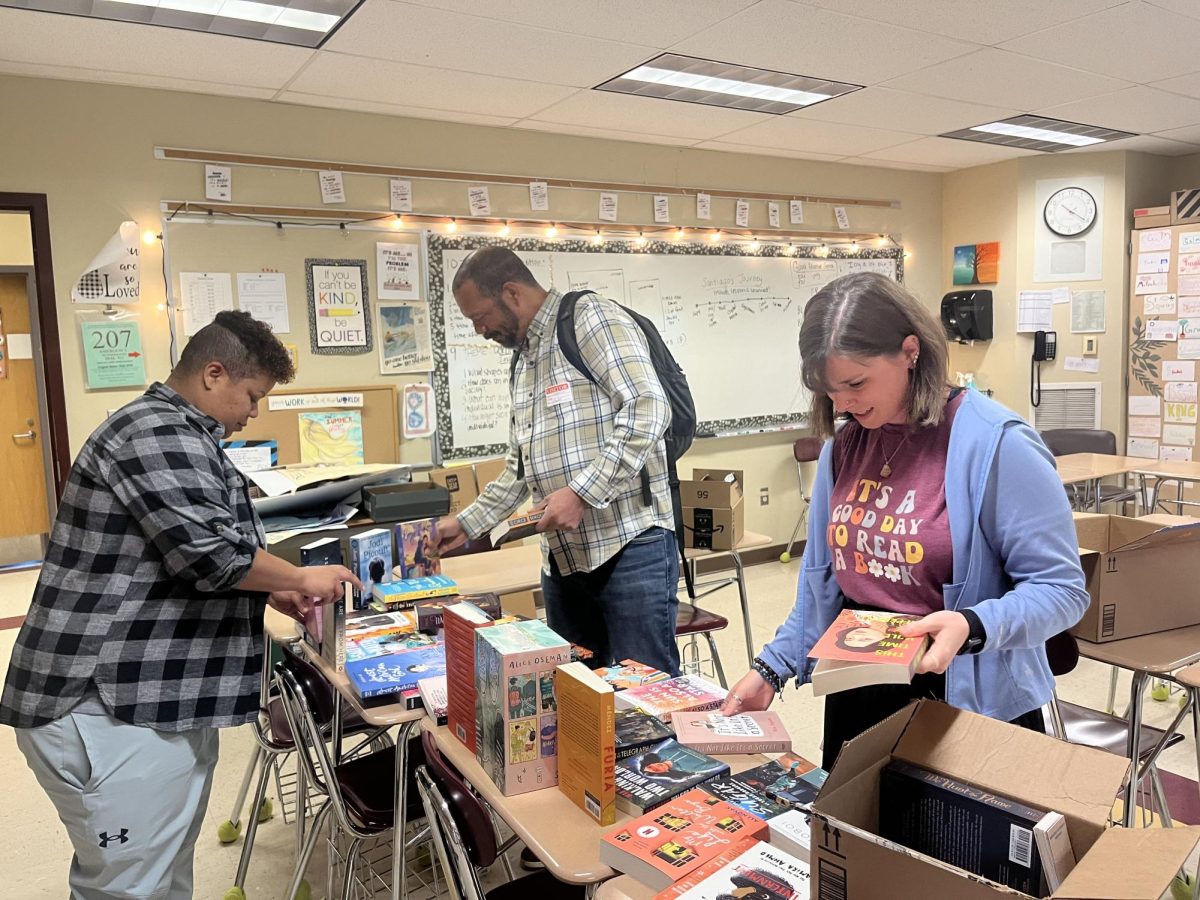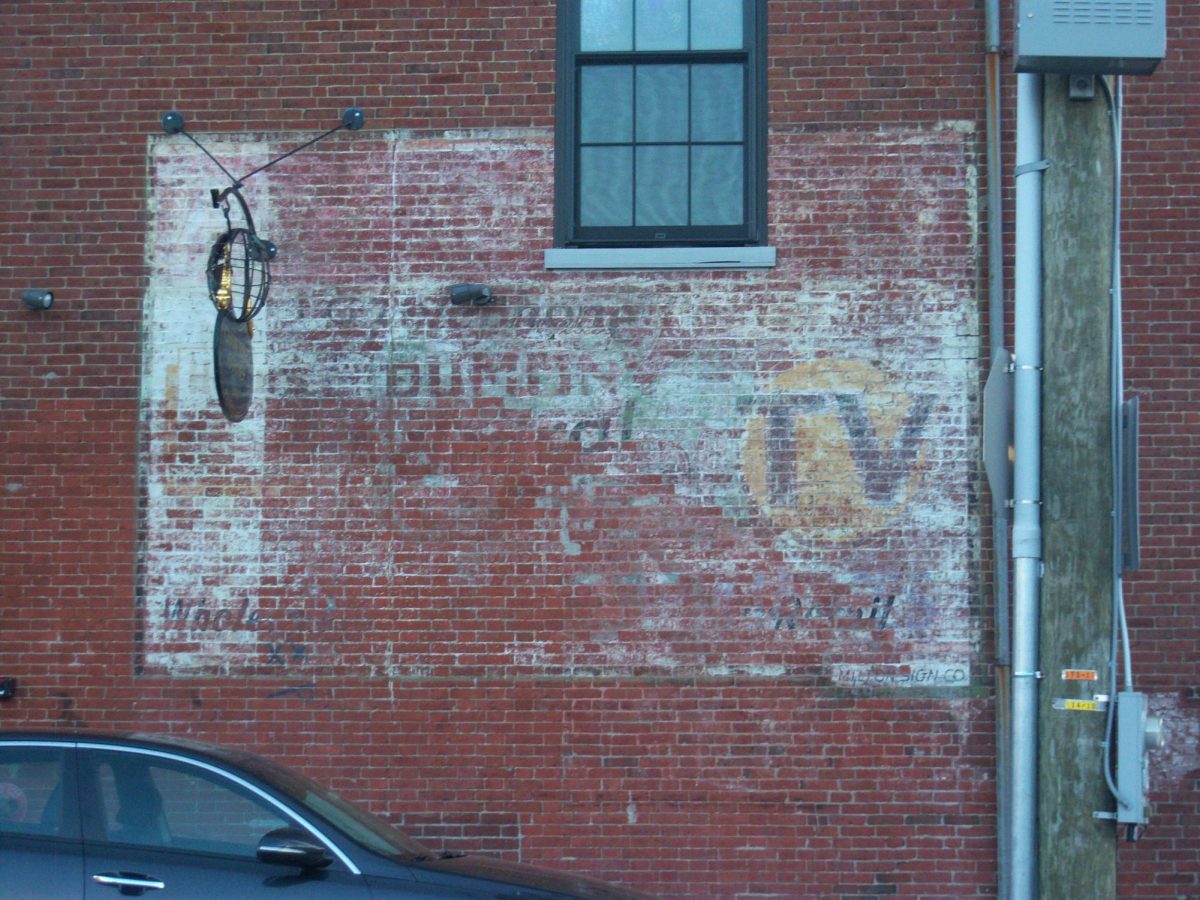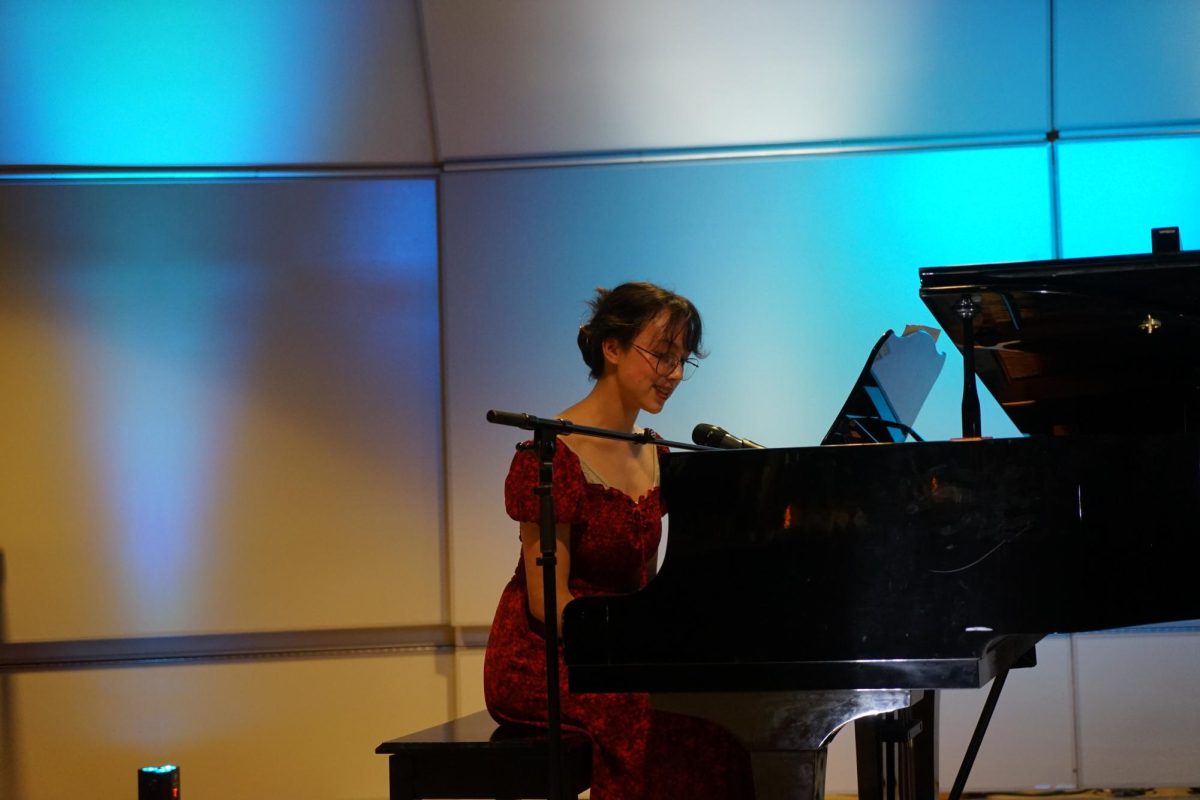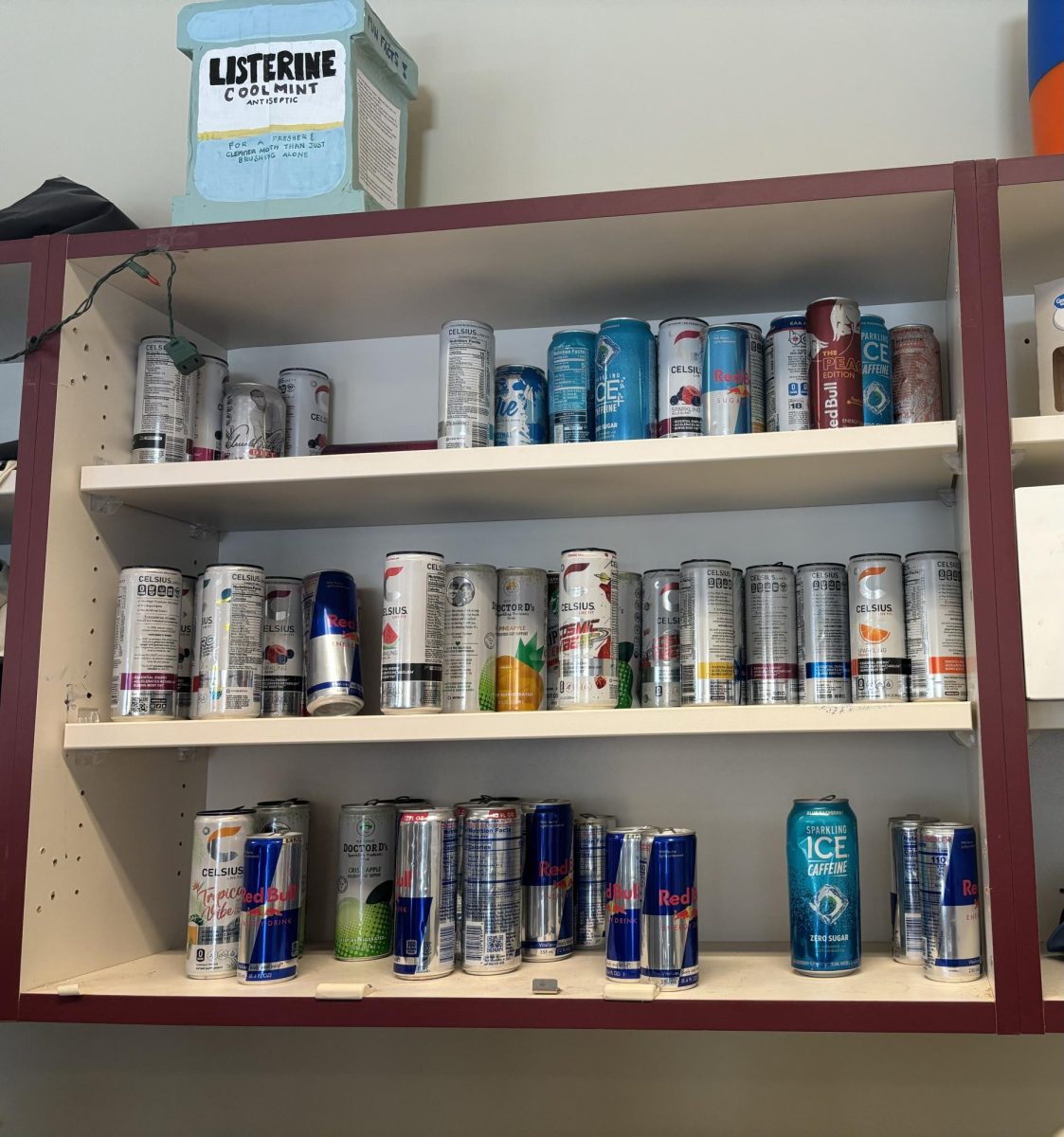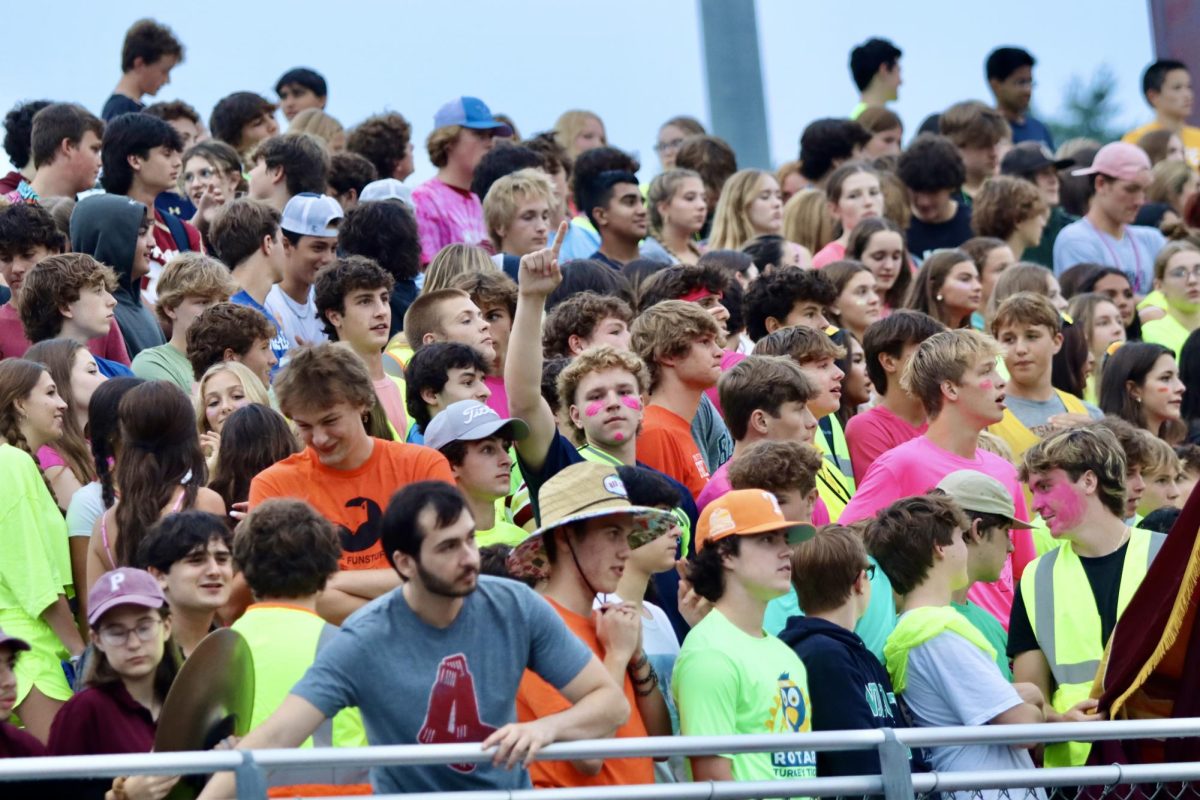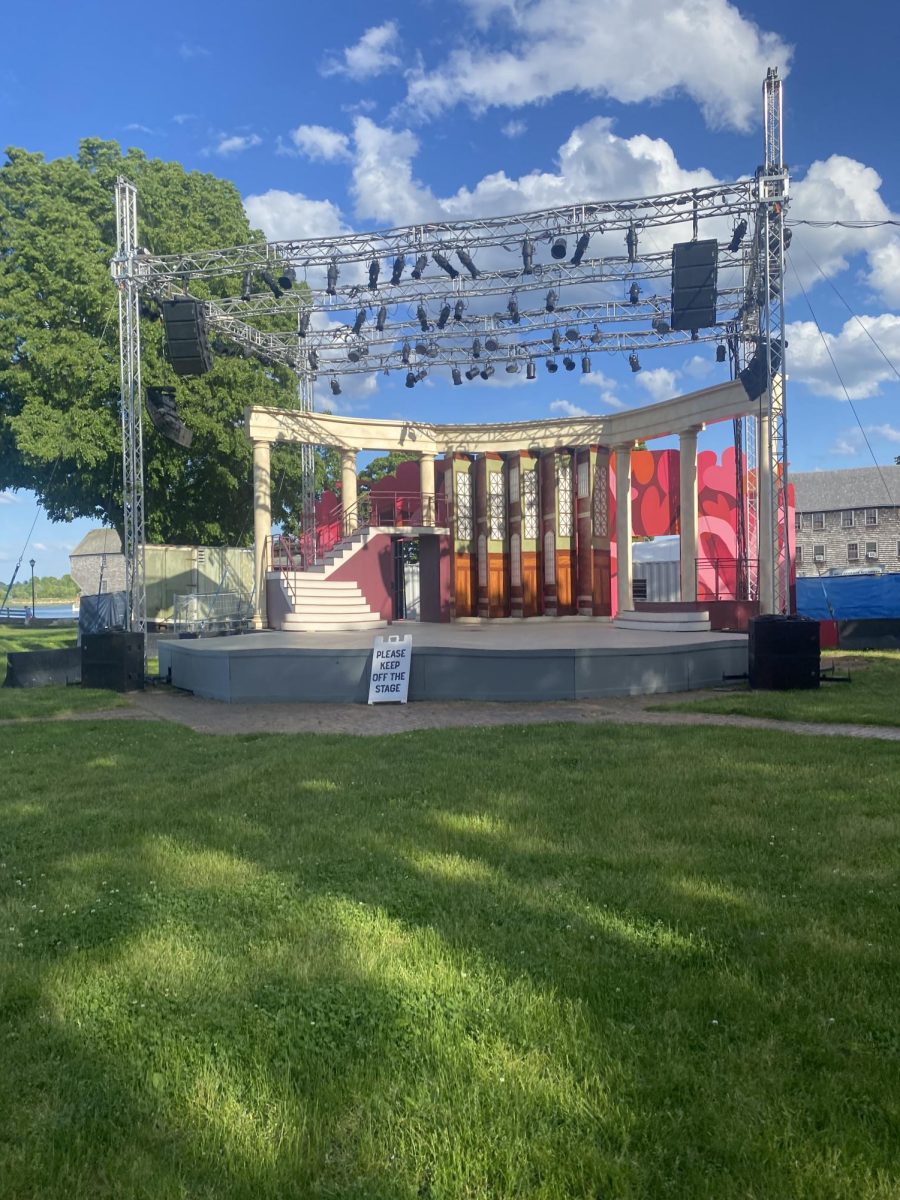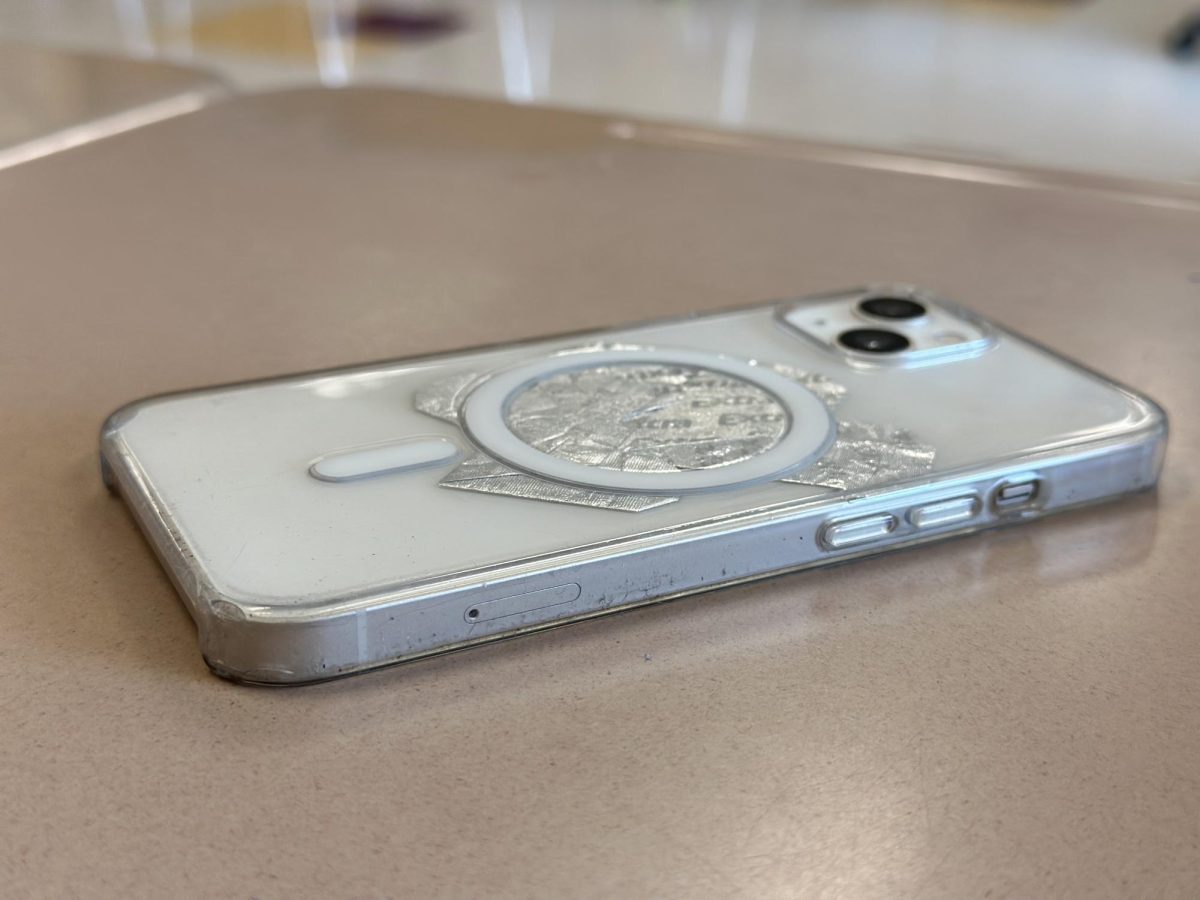For many high school student-athletes, playing a sport builds confidence, offers a thrill, and develops pride for one’s school. However, there is always a risk related to sports — the risk of injury.
If you’ve been walking the halls of Portsmouth High School, you may have noticed a growing number of students on crutches or wearing knee braces. Unfortunately, an increasing number of students are experiencing knee injuries.
“One of the most common knee injuries, affecting more than 100,000 Americans each year” is the Anterior cruciate ligament, otherwise known as ACL, tear, according to Atlantic Orthopedics and Sports Medicine.
The anterior cruciate ligament (ACL) is one of the key ligaments that help stabilize the knee joint. “The ACL is a band of tissue that connects the thigh bone (femur) to the shinbone (tibia) inside the knee joint,” as stated by Mayo Clinic.
ACL tears are most likely to occur when playing sports that involve sudden changes in direction such as basketball, football, soccer, gymnastics, and skiing. You can injure yourself by pivoting your foot firmly planted in place, landing awkwardly from a fall or jump, stopping suddenly, or getting hit to the knee.
“When I was skiing. I made a weird movement while pivoting and heard my knee pop,” Sofia Mohedano, a PHS junior, said. She not only just tore her ACL but also a partial tear on the medial collateral ligament (MCL) located on the inner side of your knee and connects the thigh bone and the shinbone.
Mohedano was fortunate enough when she injured herself. It was after the volleyball season, but her injury limited her ability to be active.
“Exercise was my coping activity. Now I have to find a new way to gather my thoughts and emotions,” said Mohedano.
After the surgery, Mohedano knew that the road to recovery would be slow and extensive. But, she noticed that she could have more time with herself initially. She collected her thoughts, focused on improving her progress, and had the opportunity to rest and connect with friends and family.
“I was looking forward to being able to play lacrosse for the school. Improve my ability to play and learn new skills from other players,” said Charlie Patten, a PHS Freshman.
“I did not realize how bad the injury was when I crashed my dirt bike during the race. I felt that there was something wrong. The times I would try to do physical activity, my knee would feel unstable,” said Patten.
He would soon find out that with the ACL, his injury included the MCL and TCL located on the medial side of the knee that connects your thigh bone to your lower leg bones. Patton also injured one of the two meniscus that sit between the tibia and the femur of the knee.
Patten was disappointed that he couldn’t play lacrosse during his freshman year; he realized that he still had three more years to represent PHS on the field. His injury, which seemed like a setback at first, proved to help him focus more on his academics. Leading to an improvement in his grades and overall school ethic.
At PHS, students who are disabled can benefit from a variety of services. The school has two elevators that are available for their use, with permission from PHS nurses, Maria Costa and Georgina Rodriquez-LaPage. The main elevator near the front office can take them to all three school floors, while the one by the athletic office only goes to the second floor.
There are also designated handicap spots outside the main entrance to the gymnasium that these students can use, provided they have permission from their grade office. “[Handicap parking spots] are required to have a valid driver’s license and an application for Walking Disability Privileges must be filled out and signed by both the applicant and a physician,” according to NH Driver and Motor Vehicles.
Additionally, your guidance counselor is a tremendous resource for you to express your thoughts and emotions, and who will listen and give useful advice about the situation. Their doors are always open, and they can be a great source of support.


